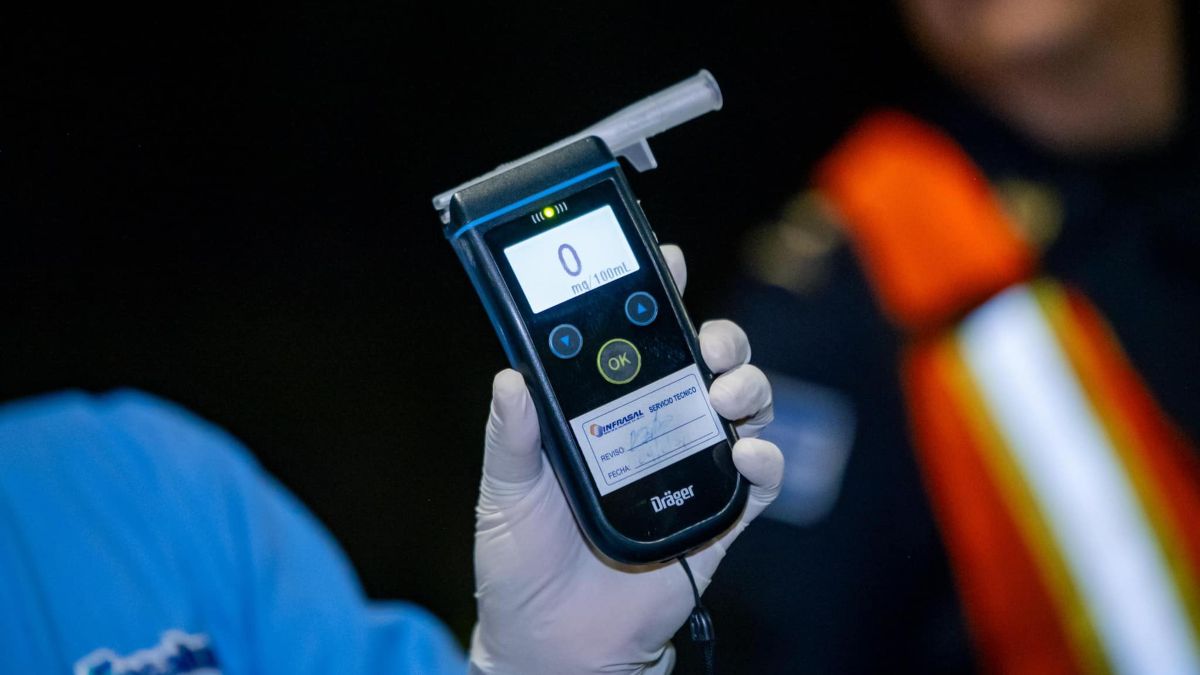El Salvador’s Zero-Tolerance DUI Law: What Visitors and Residents Need to Know
3 min readEl Salvador's new zero-tolerance drunk driving law explained: What tourists and residents need to know about penalties, enforcement, and practical implications.
The post El Salvador’s Zero-Tolerance DUI Law: What Visitors and Residents Need to Know appeared first on Central America.

El Salvador’s new zero-tolerance drunk driving law explained: What tourists and residents need to know about penalties, enforcement, and practical implications.
El Salvador has implemented one of the strictest drunk driving laws in the Western Hemisphere, catching many visitors and residents off guard with its absolute zero-tolerance approach. The new regulation, which took effect December 20, 2024, prohibits driving with any detectable amount of alcohol in the blood or breath.
The New Rules
Under the reformed Traffic Law, drivers face immediate arrest for any positive alcohol reading, regardless of how minimal the amount. The Minister of Public Works and Transport, Romeo Rodríguez, confirmed that first-time offenders face a 72-hour detention period, a $150 fine, and a one-year driver’s license suspension. They must also complete mandatory road safety courses before reinstatement.
The consequences escalate for repeat offenders, who face permanent license revocation in addition to fines and detention. In cases where drunk driving results in fatalities, penalties can reach up to 15 years in imprisonment.
Early enforcement data suggests authorities are serious about implementation. Within the first five days of 2025, officials detained 35 drivers under the new law, with 12 arrests occurring in a single day.
Impact on Visitors and Residents
The law applies equally to both Salvadoran citizens and foreign nationals, despite some initial confusion in the expatriate community. Foreign driver’s licenses and diplomatic status provide no exemption from these regulations.
This zero-tolerance approach has raised concerns among both tourists and resident expatriates about inadvertent violations. Common worries include:
- Trace amounts of alcohol from cooking wines or food preparations
- Residual alcohol from mouthwash use
- Potential false positives in testing equipment
- Limited transportation options outside major urban areas
Practical Implications
For visitors and residents, the new law effectively eliminates the common practice of having “just one drink” with meals when driving. Local food scientists note that alcohol used in cooking typically evaporates during preparation, and trace amounts from sources like mouthwash dissipate within 15-20 minutes. However, the zero-tolerance nature of the law means even minimal readings could result in arrest.
The impact on local businesses, particularly restaurants and bars outside major urban areas, remains a concern. While some community members argue the law will foster new transportation services and designated driver arrangements, others worry about the feasibility of such solutions in areas with limited taxi or ride-share availability.
Compliance Recommendations
To avoid issues under the new law, visitors and residents should:
- Arrange designated drivers or transportation services before consuming any alcohol
- Be aware that refusing a breath test results in automatic arrest and referral to the Attorney General’s office
- Consider alcohol-free alternatives for common products like mouthwash
- Allow sufficient time between using alcohol-containing products and driving
- Be prepared to show vehicle documentation and identification at checkpoints
Enforcement Methods
The reforms also introduce enhanced enforcement mechanisms, including electronic surveillance and photo-based citations. Authorities can now use video surveillance cameras to detect and fine traffic violations, with notifications delivered electronically within one month of the incident.
All drivers are required to submit to alcohol testing when requested by authorities. Resistance to testing is treated as a violation and results in arrest, fines, and license confiscation.
Looking Ahead
While some business owners and residents have expressed concerns about the law’s strict nature, government officials maintain that the zero-tolerance approach is necessary for improving road safety. El Salvador joins a growing list of countries implementing absolute alcohol bans for drivers, including Central American neighbor Panama plus several European and South American nations.
As the law continues its rollout, both visitors and residents must adapt to this new reality of Salvadoran road safety. The message from authorities is clear: there is no acceptable level of alcohol consumption when driving in El Salvador.



